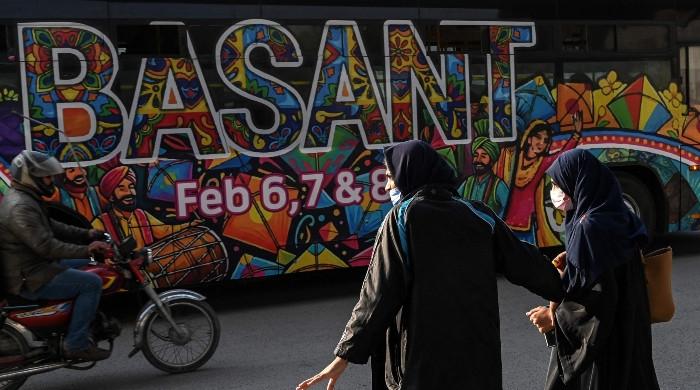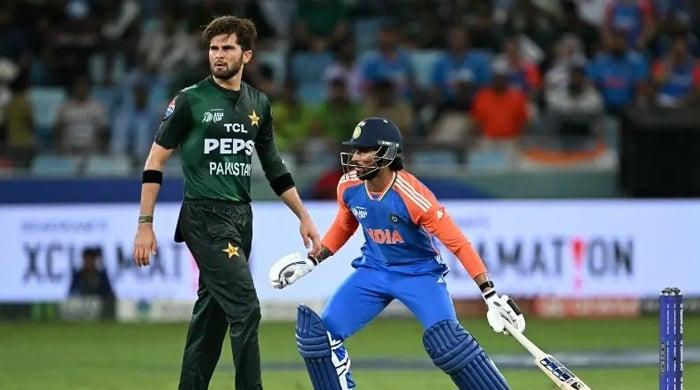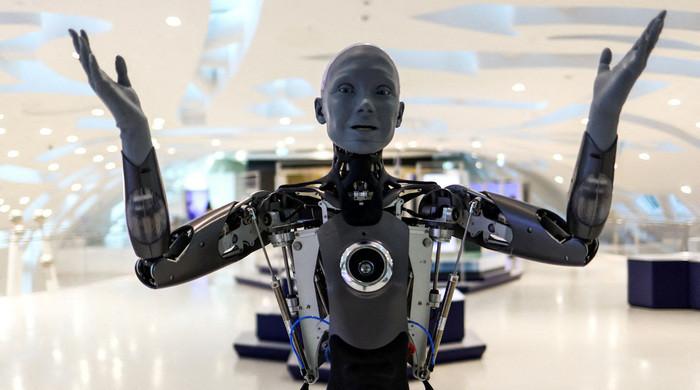Pakistan’s fake news problem
Will those who spread fake news about Kulsoom Nawaz take responsibility?
September 14, 2018

With the rise of the social media, fake news has become a serious societal issue in Pakistan. People, either common or famous do not bother to check facts of even the more serious and defamatory news before sharing them on social media and they are circulated frivolously like petty jokes. In the last few years and especially during the election campaign fake news was used systematically by political opponents to malign each other, even when the victim was on deathbed. One of those victims was Kulsoom Nawaz.
Kulsoom Nawaz is a woman who everybody praises regardless of her husband’s political standing. She was a homemaker, who never wanted to be a part of the political arena until the day Musharraf arrested her husband and she was left with no choice. So she came out onto the streets, protested aggressively and refused to surrender. She was a non controversial woman, who never spoke ill about anyone.
Kulsoom Nawaz was fighting cancer for almost one year. On her illness politicians, anchors and social media was propagating again and again that it is all fake. ‘It’s a lie’, they said. ‘She is alright’ they confirmed. On the other hand, there was propaganda at the time of the Sharifs’ arrest that she had already expired but the news was being kept a secret to be politically exploited later.
And then she passed away.
After her death, there is a question that is there anything bigger than politics for the people of Pakistan? In an emotionally sensitive and conscientious society, this question should be asked to those who blatantly lied about her illness, who called this news fake, it will be interesting to know what they have to say now?
Thanks to social media 70% of news is discredited. Just like we have seen in dam fund case. Fake news is so common that the onus to deny and disown the bluff is on those in whose names the news is being circulated but people who are spreading these hoaxes are so smart and so fast that no one can stop their mischief.
Our crisis is that we don’t bother to re-check or take responsibility to report confirmed news. We just believe at discretion without any proof. One can find out everything at the click of a button and readily confirm the credibility of news from reliable sources but we don’t want to waste those precious minutes from our busy lives and not only take it as it comes but also pass it on irresponsibly and become a participant in creating the pool of fake information.
There are so many sham pages on Facebook so many IDs with no names on all social media that it gets difficult to tell fake from real. This menace has caused humiliation to big institutions too. For instance, NAB chairman took notice of money laundering of 4.9 billion dollars to India and later faced humiliation because that news was fake.

This weekend the news of English football club, Fulham’s owner Shahid Khan‘s donation announcement of 1 billion dollars for the dam fund turned out to be fake.
Most of the time the purpose of circulating fake news is to humiliate opponents, to destroy their image, to make them controversial and to create confusion in the minds of the larger audience. But this has gone to the extent where it’s hard to find a single person in Pakistan who is unanimously credible because at some point every known person has been maligned or campaigned against on social media. Pakistan needs a strong defamation law and it’s timely implementation.
Legislation and its implementation are not within our domain, but one thing is in our hands, very easy and simple, that we should start verifying and rechecking every news before believing it or spreading it further and act as responsible citizens.
Particularly in Begum Kulsoom Nawaz’s case, I just want to know the feelings of all those who believed in this fake news and those who were spreading lies about her illness. What do they have to say? Do they all have the courage to come forward and accept their mistake and apologise just like Aitzaz Ahsan did?
This is just one instance of defamation and score-settling through constructed news. We are living in the time of increasingly polarised media, fake news, lies, propaganda and conspiracies. Today is the time when jo jitna jhoota hai woh utna hi loud and clear hai!
The author has a background in communication studies and works on media analysis
Note: The views expressed are those of the author, and do not necessarily reflect the official policy or position of Geo News or the Jang Group.











